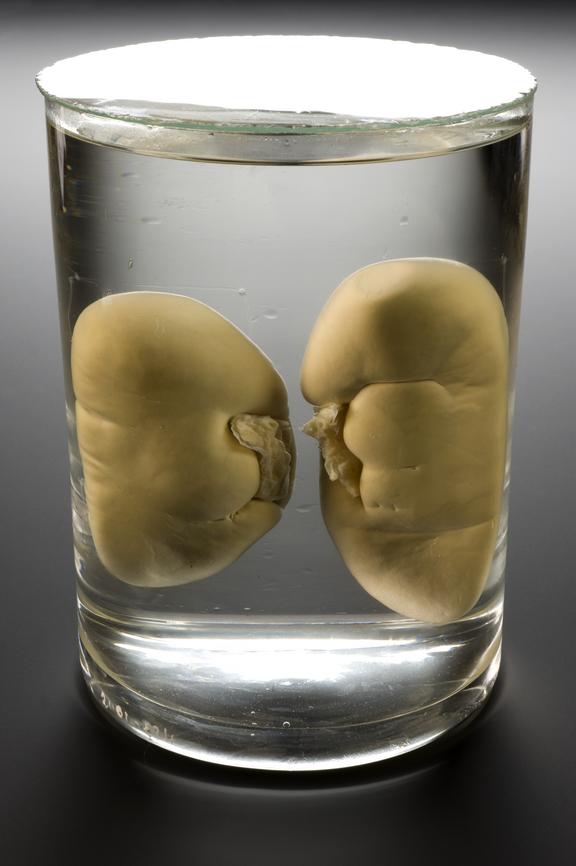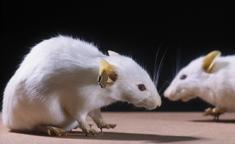


Two pig kidneys genetically engineered by Imutran Limited in 1999 to be suitable for transplantation into humans, a process known as xenotransplantation.
Would you accept a transplanted pig’s heart? Imagine if you have had serious heart problems; ideally doctors may offer a donated human heart that is a good match for you. Unfortunately human organs are in short supply, but there may be another option, xenotransplantation. This is when genetically engineered animal organs such as these pig’s kidneys are transplanted into humans. Xenotransplantation is currently researched in clinical trials in laboratories rather than actively practiced in operating theatres. These kidneys were engineered by British company Imutran Limited in 1999. All animal organs used for transplantation must be genetically altered so the human body does not reject them as ‘foreign’. Xenotransplantation could eventually be common surgery despite ethical and moral questions.
Details
- Category:
- Biotechnology
- Object Number:
- 2001-724
- Measurements:
-
overall: 205 x 150 mm
- type:
- kidney
- credit:
- Imutran Limited




